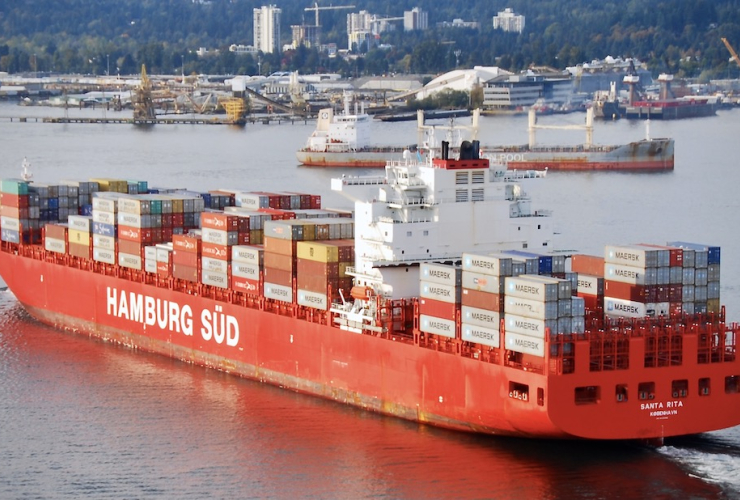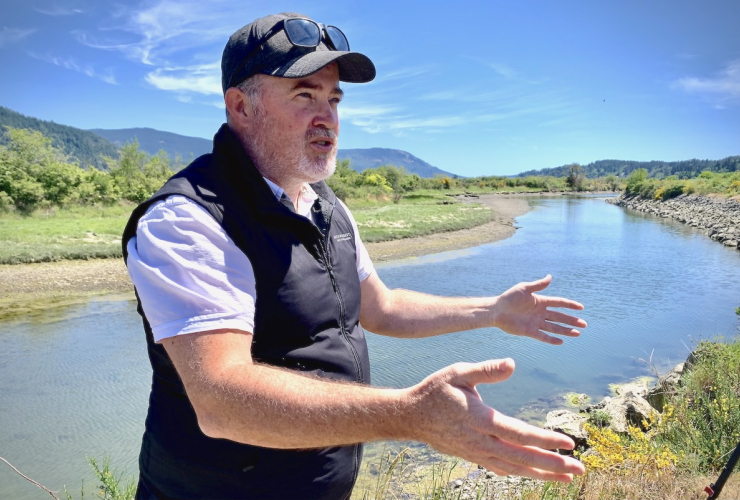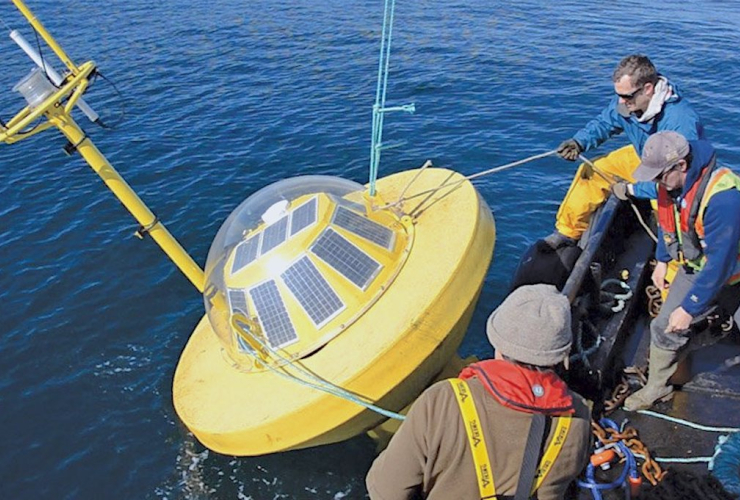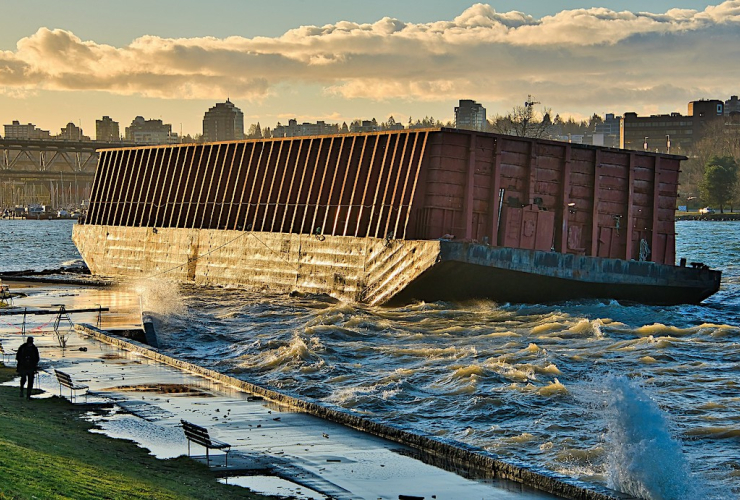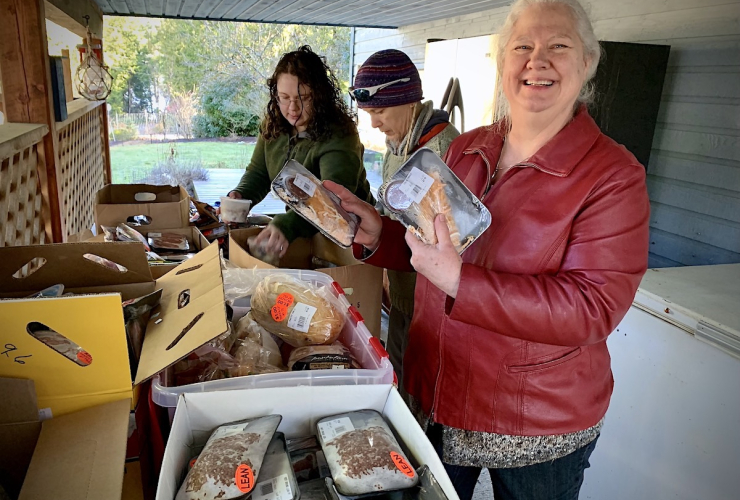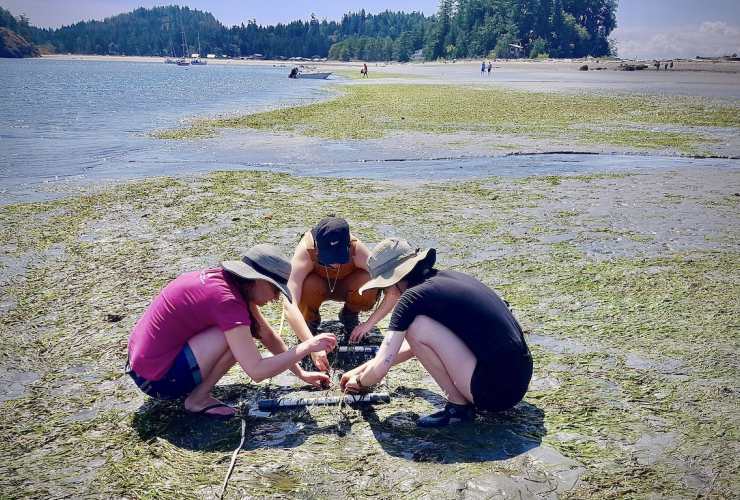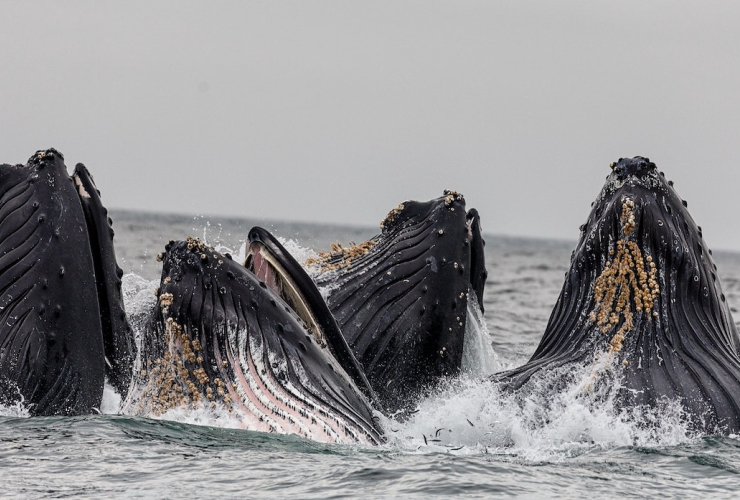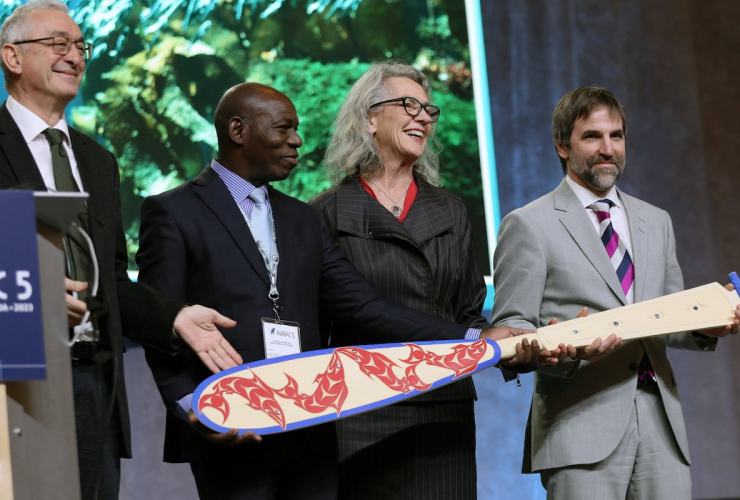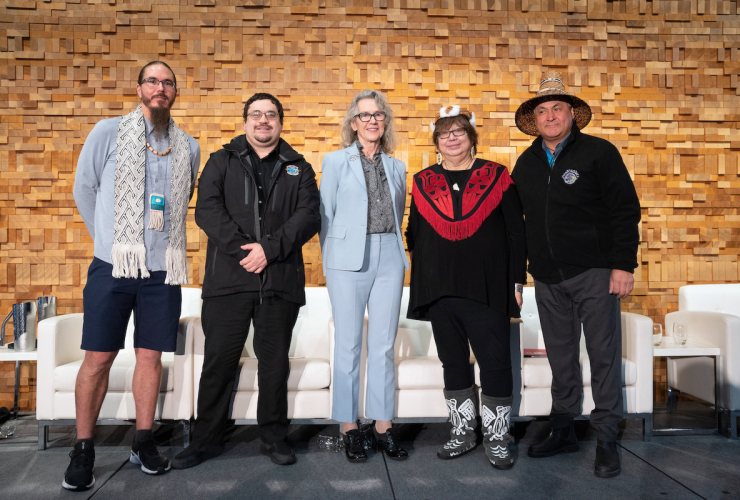Special report
Most Canadians on board with government cash for zero-emission shipping
More than 80 per cent of Canadians surveyed believe it’s important for Canada to invest in zero-emission ports, vessels, and shipping routes, a new survey finds.
Saving the Cowichan Estuary from drowning in a climate-fed ‘coastal squeeze’
A massive restoration project is getting underway this summer in a bid to save vital wildlife habitat in the Cowichan Estuary from drowning and disappearing as climate change spurs sea level rise.
Tide-powered clean energy could help West Coast communities ditch diesel
A new tidal energy pilot project to reduce dependence on diesel in B.C.’s remote coastal communities is set to launch after getting $2 million in provincial funding.
Salvaging the sacred from climate disaster
A new project hopes to train a Vancouver Island First Nations “strike team” to save and salvage cultural and sacred artifacts from the growing threat of fires and floods as the climate crisis advances.
West Coast MP wants Ottawa to ban plastic foam causing a wave of pollution
Polystyrene foam is a plastic blight for beaches and waterways and is harmful to birds, fish and other marine creatures, says B.C. MP Rachel Blaney, who has tabled a motion for the federal government to ban its use in floating structures, like docks and buoys.
Will B.C.’s shift to clean transportation take rural communities along for the ride?
Premier David Eby needs to make sure rural and First Nations communities get affordable intercity transit, so they aren't left stranded in the drive to establish B.C.'s clean transportation network, a growing climate coalition says.
Unchecked climate change puts Canada’s West Coast in hot water
Accelerating climate impacts on the ocean outlined by the Intergovernmental Panel on Climate Change have localized and serious ripple effects along the B.C. coast, particularly in the Salish Sea.
One island community’s answer to climate change? Feed everyone
Quadra Island's Climate Action Team is launching a food recovery program to tackle climate change and food insecurity in the small coastal community.
New research hub will grow marine science
The Pender Harbour Ocean Discovery Station is set to be a hot spot for aquatic research and monitoring climate change impacts on marine ecosystems after getting a $1.2-million donation from the Wilson 5 Foundation.
West Coast electric ferries lack the power to ditch diesel
BC Ferries just got $500 million in funding to keep fares low and help electrify its fleet, but critics say the provincial announcement was heavy on climate rhetoric and light on concrete details or commitment.
Clock is running out for Canada to help secure a global treaty to protect the ocean
Last-ditch negotiations are underway on a transformative UN high seas treaty — the first to protect, rather than exploit, the ocean and to stem the twin spectres of climate change and biodiversity collapse.
Canada confirms protections for marine protected areas but shipping pollution isn’t included
Oil and gas activity, mining, dumping and destructive bottom trawling fishing won’t be allowed in new MPAs but issues of shipping wastewater and noise are not addressed in the protections.
Canada declares moratorium on deep-sea mining at global ocean conservation summit
Canada has joined ranks with nearly a dozen nations calling for a moratorium or pause on deep-sea mining in both domestic and international waters to protect ocean ecosystems.
Canada, First Nations take first steps to protect massive swath of deep ocean on West Coast
The proposed Tang.ɢwan — ḥačxwiqak — Tsig̱is Marine Protected Area covers a 133,000-square-kilometre swath of open ocean on Canada's West Coast and harbours a unique concentration of hydrothermal vents, underwater sea mountains and rich deep-sea biodiversity hot spots found nowhere else in the world.
Milestone Great Bear Sea marine protection network on West Coast ratified along with first ocean refuge
Fifteen First Nations are assuming stewardship of the Great Bear Sea marine protected area network that covers two-thirds of Canada’s West Coast.

